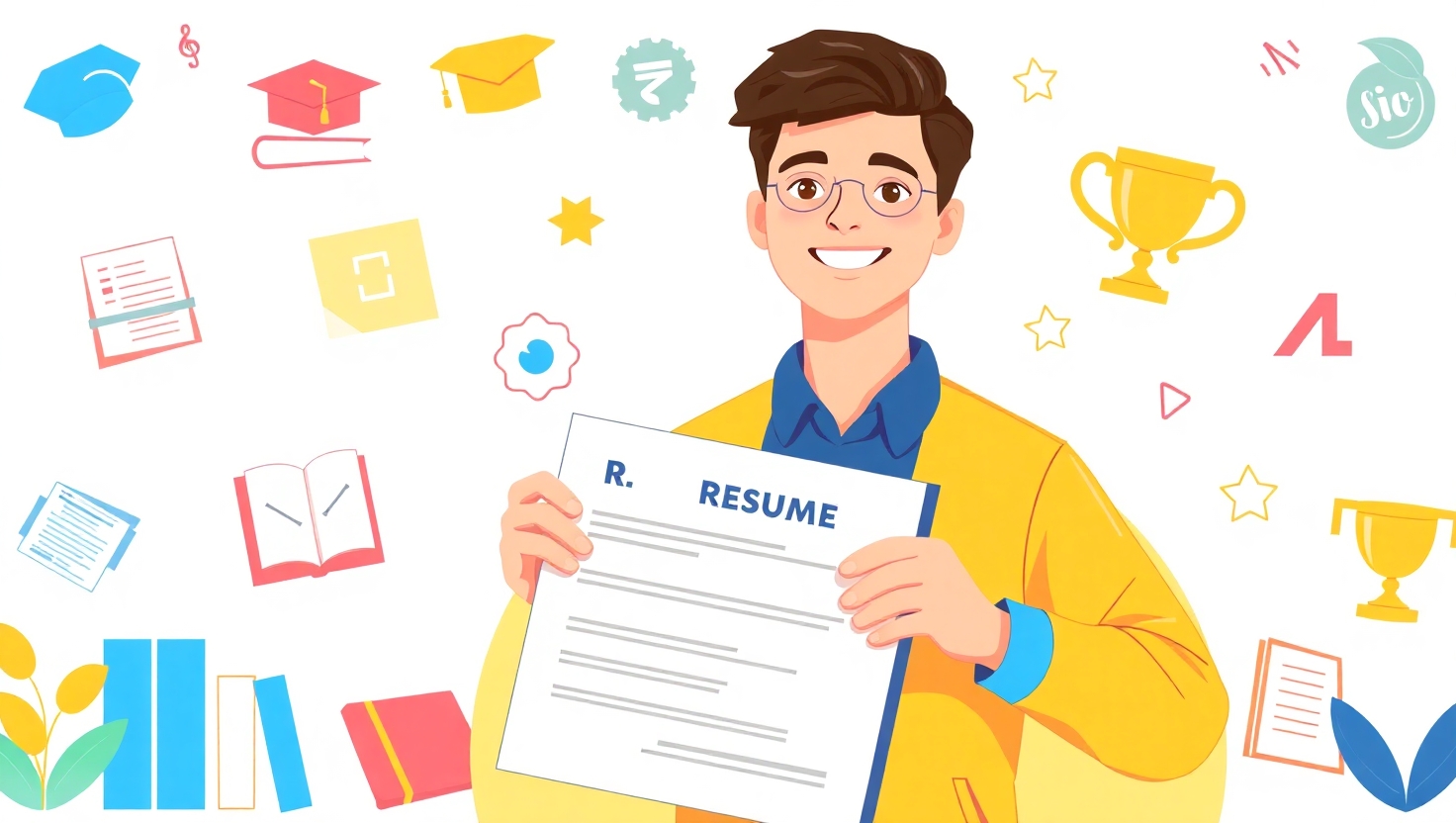Mistake 1: Missing Deadlines
- Many applicants fail simply because they submit late.
- Scholarship deadlines are strict; late submissions are usually automatically disqualified.
Tips to Avoid:
- Create a calendar or spreadsheet tracking all scholarships and their deadlines.
- Set reminders at least 2–3 weeks in advance.
- Start applications early to allow time for revisions and documents.
Mistake 2: Ignoring Eligibility Requirements
- Applying for scholarships you don’t qualify for wastes time.
- Some scholarships have specific criteria: GPA, age, nationality, field of study, or financial need.
Tips to Avoid:
- Carefully read eligibility criteria before starting your application.
- Make a checklist to ensure you meet all requirements.
- Focus on scholarships where you have a realistic chance of success.
Mistake 3: Submitting Generic Essays
- Many applicants submit the same essay for multiple scholarships.
- Scholarship committees want personalized essays that reflect your alignment with their mission.
Tips to Avoid:
- Tailor essays for each scholarship.
- Highlight your experiences, goals, and values that match the scholarship’s focus.
- Avoid clichés; be authentic and specific.
📌 Example: Instead of saying “I want to make a difference in the world,” mention a specific project, initiative, or achievement.
Mistake 4: Poorly Written Essays
- Spelling, grammar, and unclear structure can hurt your chances.
- Essays that are too long, unfocused, or repetitive often get overlooked.
Tips to Avoid:
- Proofread multiple times.
- Use tools like Grammarly or Hemingway for clarity.
- Ask mentors, teachers, or peers to review your essay.
- Follow word limits strictly.
Mistake 5: Lack of Supporting Documents
- Missing transcripts, recommendation letters, or financial documents can disqualify you immediately.
- Incomplete applications suggest carelessness.
Tips to Avoid:
- Make a checklist of required documents.
- Keep digital and physical copies organized.
- Confirm all documents meet the scholarship’s formatting and submission requirements.
Mistake 6: Weak Recommendation Letters
- Weak or generic letters don’t help your application.
- Letters from people who don’t know you well may not highlight your strengths.
Tips to Avoid:
- Choose recommenders who know your abilities and character.
- Provide them with your resume, achievements, and scholarship description.
- Give enough time (at least 3–4 weeks) to write a strong, thoughtful letter.
Mistake 7: Not Showcasing Leadership and Achievements
- Scholarship committees want to see initiative, impact, and potential.
- Simply listing activities without highlighting achievements may make your application blend in with others.
Tips to Avoid:
- Use bullet points to describe roles and measurable results.
- Highlight leadership, community service, and impact.
- Use quantifiable metrics when possible (e.g., “Led a fundraiser raising $5,000 for local schools”).
Mistake 8: Overlooking Financial Information
- For need-based scholarships, incomplete or inaccurate financial details can lead to disqualification.
- Failing to explain your financial situation may reduce your chances.
Tips to Avoid:
- Provide accurate and complete financial documents.
- Clearly explain your need in essays.
- Follow the scholarship’s instructions for financial reporting carefully.
Mistake 9: Not Following Instructions
- Ignoring formatting, word limits, or other guidelines reflects carelessness.
- Scholarship committees may reject applications without review if instructions are not followed.
Tips to Avoid:
- Read instructions carefully multiple times.
- Use proper formatting: font size, margins, and file type.
- Double-check all requirements before submitting.
Mistake 10: Applying for Too Few Scholarships
- Relying on just one or two applications reduces your chances of success.
- Even highly qualified applicants increase their odds by applying widely.
Tips to Avoid:
- Make a list of multiple scholarships, including large, medium, and small awards.
- Apply to all scholarships where you meet eligibility requirements.
- Treat each application seriously; avoid using the same essay verbatim.
Mistake 11: Lack of Preparation for Interviews
- Some scholarships require interviews, and poor performance can cost you funding.
- Students often underestimate the importance of practice and preparation.
Tips to Avoid:
- Research the scholarship organization and its values.
- Practice common interview questions and answers.
- Focus on confidence, clear communication, and enthusiasm.
Mistake 12: Not Following Up
- Failing to send a thank-you note or email after interviews can be a missed opportunity.
- Following up shows professionalism and genuine interest.
Tips to Avoid:
- Send a concise, polite thank-you message within 24–48 hours.
- Reaffirm your interest and appreciation for the opportunity.
Mistake 13: Relying Solely on GPA
- Many students assume a high GPA guarantees a scholarship.
- Committees consider holistic qualities: leadership, community service, goals, and personal stories.
Tips to Avoid:
- Highlight achievements outside academics.
- Emphasize your unique experiences, skills, and vision.
- Apply for scholarships that value holistic profiles or other talents.
Mistake 14: Not Proofreading the Entire Application
- Typos, grammatical errors, or missing information signal carelessness.
- Even small mistakes can negatively affect your application.
Tips to Avoid:
- Proofread the entire application multiple times.
- Ask mentors, teachers, or peers for feedback.
- Read applications aloud to catch errors and awkward phrasing.
Mistake 15: Not Demonstrating Passion or Fit
- Committees look for students aligned with the scholarship’s mission.
- Applications that don’t clearly explain why you deserve the award may be overlooked.
Tips to Avoid:
- Tailor essays and resumes to match the scholarship’s values.
- Highlight how the scholarship will help you achieve your goals.
- Show commitment, passion, and potential for impact.
Key Takeaways
- Missing deadlines, ignoring eligibility, and submitting incomplete applications are common pitfalls.
- Essays, resumes, and recommendation letters must be tailored, polished, and aligned with the scholarship’s values.
- Practicing interviews, highlighting leadership, and following instructions are essential steps.
- Applying widely and strategically maximizes your chances.
- Attention to detail, organization, and authenticity can set your application apart from hundreds of others.
Conclusion
Scholarship applications require careful planning, attention to detail, and strategic preparation. By avoiding these common mistakes, you can ensure your application reflects your true potential, achievements, and goals.
Remember: a strong, error-free, and well-presented application can be the key to securing funding and achieving your academic dreams in 2025.
👉 Apply smart, stay organized, and let your passion and dedication shine! 🌟






Leave a Reply